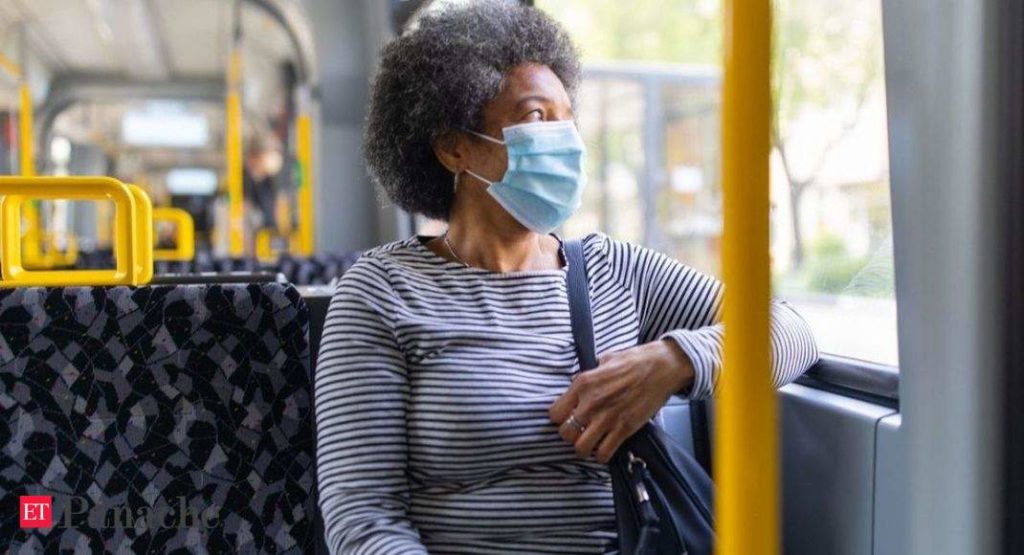The First Wave
As part of an ongoing community engagement initiative with older adults, Samvedna had conducted a survey with adults aged (40 years and above) during the first wave of the pandemic to understand the impact of the lockdown, and the coping strategies they found useful.
Respondents were given a mental health screener in which 66% self-reported at least 2 health concerns that may warrant further evaluation. 86% of these individuals reported experiencing significant low mood and 83% said they found it difficult to find meaning in their daily activities and enjoy themselves. 58% also reported feeling under constant strain due to the lockdown and 33% reported having sleep difficulties.
Those who were trying to work from home reported feeling more strain than others as they were also concerned about financial difficulties and loss of income. Amongst other concerns that majorly impacted older adults during lockdown were concerns about the health and well-being of family members (57%) and personal health (28%).
The strain of managing additional household work without adequate support, and overall difficulty in getting basic necessities were also problems highlighted by over one-third of respondents. 13% also reported an increase in family conflicts during the lockdown which impacted their sense of well-being.
Although 63% of respondents felt that speaking with friends/family about their worries would be helpful, only 22% mentioned considering speaking with a mental health professional. This highlights that the willingness of older adults to seek professional mental health support for themselves was incredibly low during the first wave of the pandemic.
The Second Wave
33% of respondents contacted again during the second wave, reported feeling depressed. The primary concern remained unchanged—the health and wellbeing of friends and family. However, they highlighted increased fears about family members with comorbidities contracting the virus, and reported difficulties managing emotional wellbeing, and faced challenges in helping younger family members manage their routines and follow basic COVID protocols.
A Positive Shift
A positive shift was noted over the past year with older adults talking about the importance of mental health and well-being. A noticeable shift was observed with their talking about the benefits of attending online mental wellness sessions and practicing yoga and or meditation.
Although as recently as a year ago, seniors were not as tech-savvy, this shift indicates a growing comfort with support via telehealth which is clearly the way forward and sheds light on a greater need for leveraging technology to support the emotional wellbeing of older adults during the lockdown and COVID restrictions.
Clinical Psychologist, Dr. Jayashree Dasgupta, Co-Founder and Project Director, Samvedna Senior Care says, ”Although awareness about mental health issues remains low, it is heartening to see that older adults are becoming more open and talking about the challenges they face. Tele mental health programs specifically targeting older adults will play an important role in destigmatising seeking help for mental health issues whilst providing much needed emotional support during this pandemic.”
